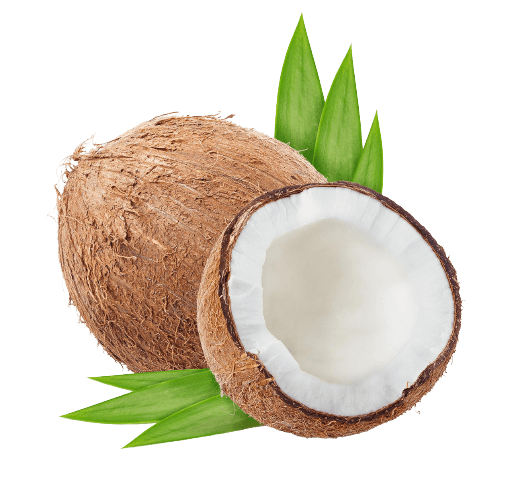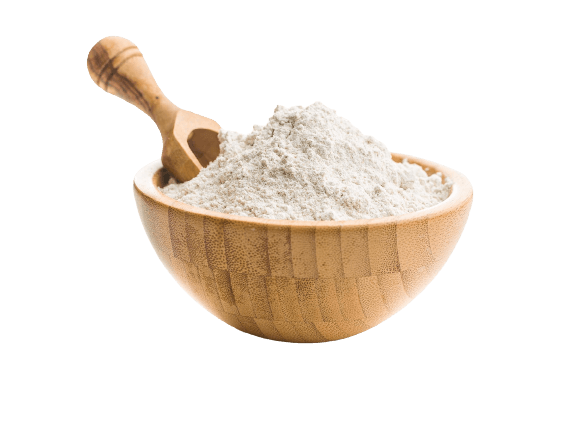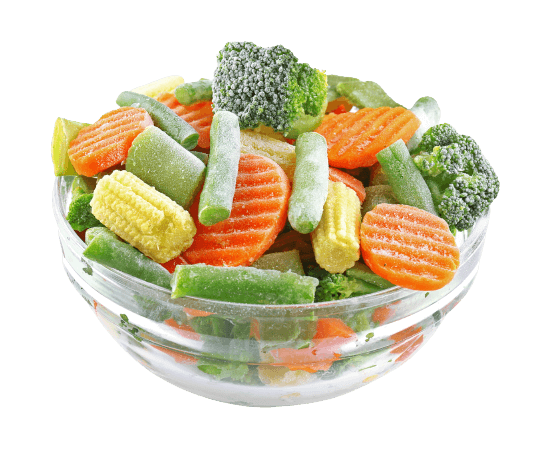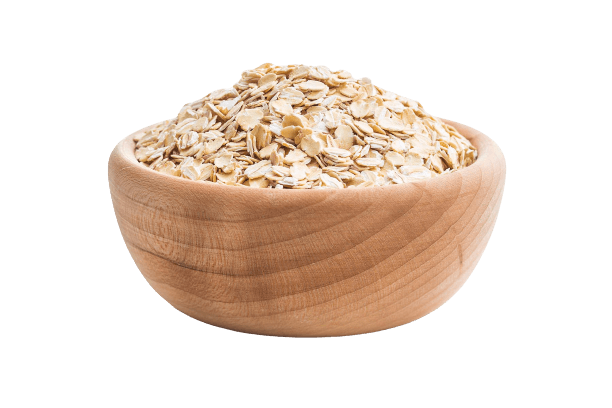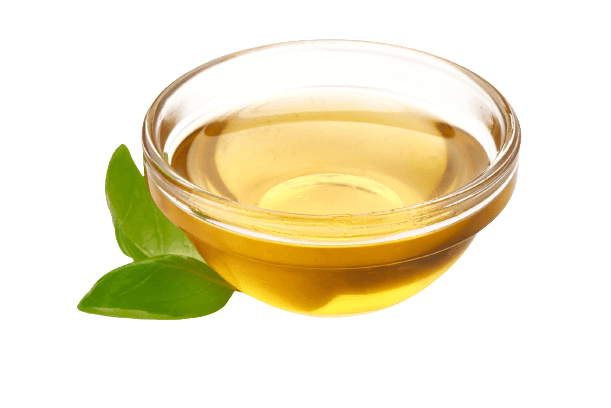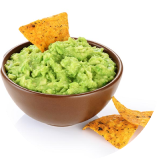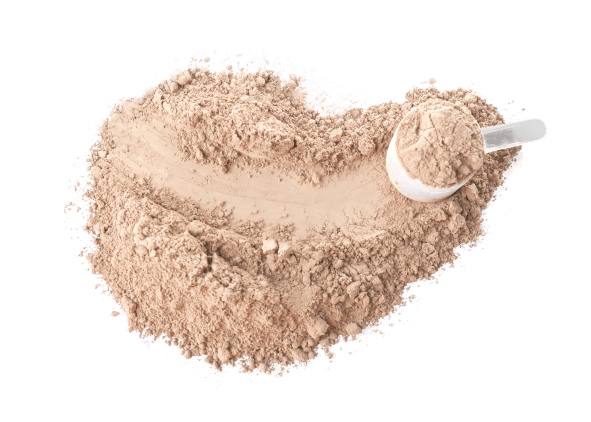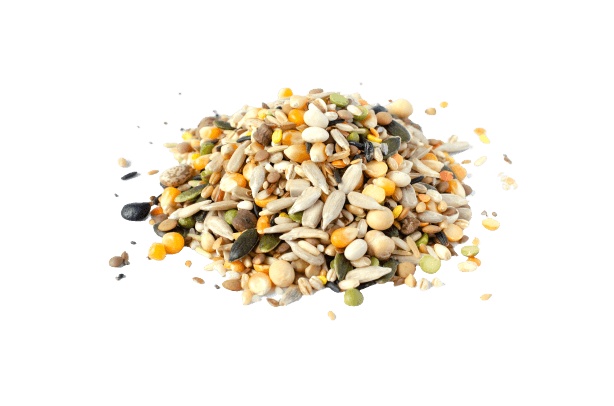
Bulk Canned Pineapple Chunks in Light Syrup
Canned pineapple chunks in light syrup are prepared from whole, sound, properly ripened fresh peaches that are washed, blanched, peeled, pitted, diced, boiled, and canned with syrup. The product is according to good commercial practice and is then sufficiently
processed by heat to ensure the preservation of the product in hermetically sealed containers.
Global Resources Direct is proud to offer IQF organic pineapple chunks and other IQF fruits and vegetables at wholesale and in bulk. Individual Quick Freezing (IQF) is a process used to freeze small individual pieces of food, such as pineapple so that they can be stored and later thawed for use without clumping together. During the IQF process, the pineapple is rapidly frozen at very low temperatures, usually below -40°F (-40°C). Pineapple chunks, dice, tidbits, slices, and other forms are available. This quick freezing helps to preserve the quality of the pineapple and prevent the formation of large ice crystals, which can damage the cells of the fruit and affect its texture and flavor when thawed.
Contact us today for a quote on Bulk IQF Pinneaple!
Forms include:
Canned chunks in light syrup.
Packaging & Storage:
Cases, totes. Private label retail packs available. Store frozen, away from light, and foul odors.
Disclaimer:
This is for general information purposes only. Please contact a GRD sales rep for the specification sheet that applies to your order. Due to multiple origin sources, crop seasons, crop conditions, and other factors, specification sheets are subject to change.
More Bulk Products
18% Fat Organic Aseptic Coconut Cream
24% Fat Organic Aseptic Coconut Cream
Organic Desiccated Coconut Medium Shred
Organic Desiccated Coconut Fine Shred
Organic RBD Coconut Oil
Organic Coconut Sugar
& More!Liquid Frozen Eggs
Dried Egg Powder
Frozen Sugar Yolk
Frozen Egg White with Guar Gum
Pasteurized Frozen Salted Egg Yolks
Liquid Whole Egg (Totes)
& More!Blanched Super Fine Almond Flour
Organic Coconut Flour
Organic Blanched Almond Flour
Organic Blanched Almond Fine Meal
Pumpkin Seed Flour
Sunflower Seed Flour
& More!IQF Banana
IQF Bell Peppers
IQF Blueberries
IQF Broccoli
IQF Asparagus Spears
IQF Blackberries
& More!Almonds
Cashews
Hazelnuts
Macadamia Nuts
Peanuts
Pine Nuts
& More!Gluten Free Thick Rolled Oat
Gluten Free Thick Rolled Oat Flakes
Gluten Free Instant Oat Flakes
Gluten Free Quick Oat Flakes
Gluten Free Oat Flour
& More!Almond Oil
Apricot Kernel Oil
Argan Oil
Avocado Oil
Babassu Oil
Beeswax
& More!Almond Flour
Guacamole
Oats
Salsa
Vanilla Extract
& More!Instant Non-Fat Milk Powder
Almond Protein Powder
Micellar Casein
Fava Bean Protein Isolate
Brown Rice Protein Powder
Optimized Pea Protein Isolate and Brown Rice Protein Mix
& More!Flax Seeds
Hemp Seeds
Pumpkin Seeds
Sesame Seeds
Sunflower Seeds
& More!Vanilla Bean
Vanilla Extract
Vanilla Paste
& More!
